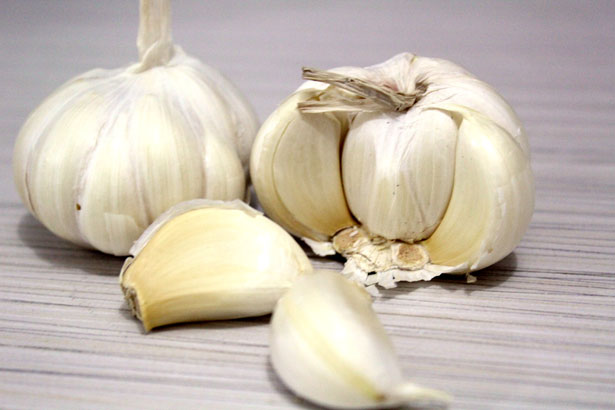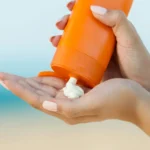 |
| Photo from cornwalllive.com |
A norovirus infection can cause severe vomiting and diarrhea that appears out of nowhere. The norovirus is extremely contagious. They are frequently distributed through contaminated food or drink or through contaminated surfaces. Close contact with a person infected with a norovirus can potentially transfer the virus.
Diarrhea, stomach pain, and vomiting are common symptoms that appear 12 to 48 hours after exposure. Symptoms of a norovirus infection typically last 1 to 3 days. Most people heal completely on their own. However, vomiting and diarrhea can be highly dehydrating for certain people, particularly young children, elderly adults, and persons with other medical issues, and may necessitate medical attention.
Norovirus infection is most common in enclosed and crowded environments. Hospitals, nursing facilities, child care centers, schools, and cruise ships are some examples.
WHAT ARE THE SYMPTOMS OF A NOROVIRUS INFECTION?
- Nausea
- Vomiting
- Feeling ill
- Low-grade fever
- Cramps or stomach ache
- Diarrhea that is watery or loose
- Muscle ache
WHAT ARE THE CAUSES OF NOROVIRUS INFECTION?
- Consuming contaminated food
- consuming contaminated water
- Touching your lips with your hand after it has come into contact with a contaminated surface or object
- Being in close proximity to someone who has a norovirus infection
WHAT ARE THE RISK FACTORS FOR NOROVIRUS INFECTION?
- Eating in a location where food has been handled by someone infected with norovirus or where the food has come into touch with contaminated water or surfaces
- Staying in hotels, resorts, cruise ships, or other locations with a large number of people in close quarters
- Contact with someone infected with the norovirus
- Preschool or child care center attendance
- Living in close quarters, like in nursing homes
WHAT ARE THE COMPLICATIONS OF NOROVIRUS INFECTION?
- Fatigue
- Mouth and throat dryness
- Listlessness
- Dizziness
- Reduced urine production
HOW IS NOROVIRUS INFECTION DIAGNOSED?
HOW IS NOROVIRUS INFECTION TREATED?
HOME REMEDIES FOR NOROVIRUS INFECTION
HOW CAN NOROVIRUS BE PREVENTED?
- Wash your hands thoroughly with soap and water for at least 20 seconds after using the toilet or changing a diaper, as well as before preparing meals and eating or drinking. Hand sanitizers containing alcohol are not as efficient against noroviruses as soap and water.
- Avoid contaminated food and water, especially meals that may have been cooked by a sick person.
- Before eating, wash fruits and vegetables.
- Seafood should be completely cooked.
- Disinfect any potentially contaminated surfaces. Wear gloves and use a chlorine bleach solution or a norovirus-killing disinfectant.
- When traveling, exercise extreme caution. If you plan to visit locations where there is a high risk of norovirus infection, consume only cooked foods, drink only hot or carbonated beverages, and avoid food offered by street sellers.
- As much as possible, avoid interaction with others.
- Use soap and water to thoroughly clean your hands.
- Leave work early. Children should not attend school or child care.
- Avoid handling food and goods that will be used by others. Disinfect contaminated surfaces with a norovirus-killing disinfectant.
- Carefully dispose of vomit and excrement. Soak up stuff using disposable cloths while wearing disposable gloves. To avoid the spread of noroviruses through the air, disturb contaminated material as little as possible. Put filthy objects in plastic bags and throw them away. Remove and wash any contaminated clothing and linens.
- Avoid traveling for 2 to 3 days after your symptoms have subsided.





